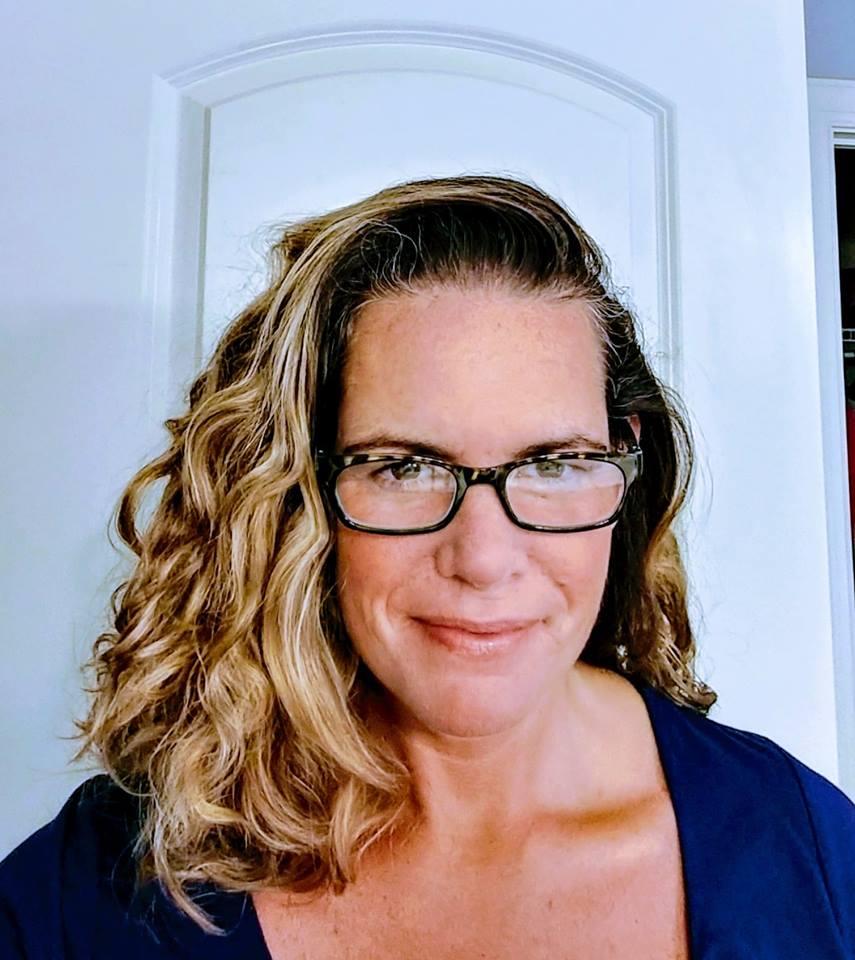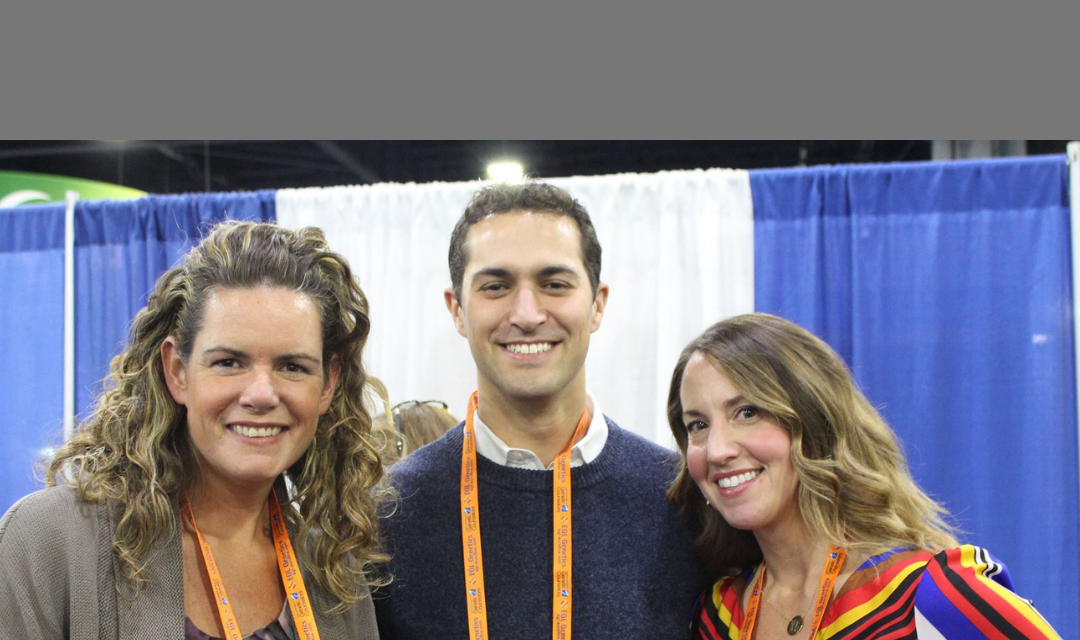As a genetic counselor, I have heard hundreds of patient stories. Now and again, there are some that create quite an impact; so much of an impact that it changes the way you provide information to other patients. Lee Cooper is that person who profoundly changed how I present information about preimplantation genetic testing (PGT) for genetic diseases (also known as preimplantation genetic diagnosis or PGD). In fact, Lee is one of the major influencers that made SharingHealthyGenes.com possible, and his words continue to drive the passion behind each carefully written post.
In early 2017, this seemingly healthy 29 year-old nearly died in his sleep. Amazingly, just short of two years later, Lee became a proud father to a special baby boy he and his wife named Isaiah. You can let Lee tell the first part of his story in a piece he wrote for Wired or watch him present at Future Forum in Boston.
I had a chance to catch up with Lee at the National Society of Genetic Counselors annual education conference in Atlanta this past November and a few months later via a video call. We explored how he and his wife learned about PGT as a reproductive option, and discussed his opinions on how genetic testing, including PGT, is presented as an option by healthcare professionals. This article captures some highlights from our conversation.
Leslie: I know from your writing that you had a cardiac arrest in your sleep, and your wife saved your life by performing CPR and calling 911. Tell me about what your first thoughts were when you woke up from the hospital.
Lee: It’s blurry for me because I was recovering still. But one of the first things I thought about when I regained consciousness in the hospital shortly after being told that I had a cardiac arrest which was likely caused by something genetic was, “Can we have a healthy baby?” I barely had any short term memory. But if you understand genetics, how can you not think about that as a married 29 year old? One of the most important goals of my life was to become a father, and now I have this diagnosis of a genetic disease.
Leslie: And how did you first learn that your genetic disease was Long QT Syndrome (LQTS) and about the option of PGT?
Lee: As soon as we knew it was genetic, it was quickly clear that it was LQTS based on what had happened to me, and from digging into my family history. If I was lucky enough to recover, the next question was, “How do we build our family like we want?” My wife and I started talking about adoption, because becoming parents was really important. We both understood that there was a 50/50 chance that I would pass on this disease. So it was really important emotionally that we start talking about what the options for our future were.
I don’t recall exactly how it came up, but I believe a doctor mentioned PGT to my wife in passing, and then she mentioned it to me. So we started asking about genetic testing. The doctors didn’t seem to want to talk about it, but we kept asking to understand all options. We didn’t know what we would choose to do, but it was important simply to learn about the choices.
Leslie: This is a tough question. I know the doctors decided that the best treatment for you was to surgically implant a defibrillator, since you have a severe form of the disease. We all know that technology can fail. Is that something that you think about?
Lee: Oh, yeah. And it can be terrifying. I’ve had one event when my defibrillator went off, and that was really scary. It happened at 2:30 in the morning, and it felt like I was getting woken up out of a nightmare.
It’s hard for me to talk about too much, because it was a traumatic event for me. I heard an explosion and it felt like I was getting kicked or punched really hard in the chest. But, what’s amazing about it is that I felt totally lucid right after it went off–I wasn’t unconscious. It’s weird because you have this thing go off and you think it will knock you unconscious or make you feel sick. But, it did its job and I felt OK.
This happened only a few weeks before our baby was due and it really threw me off. As excited as we are to have the baby, I want to be there for my baby. We all die one day, but I’d rather it will be after he’s 40. It was a reminder of the fragility of life.
In Part 2 of the Q&A with Lee (coming next week), we discuss his experience with having a surgically implanted defibrillator and he and his wife’s outlook as new parents.

Leslie is a board-certified clinical genetic counselor and former Program Manager for the preimplantation genetic testing (PGT) program of the ORM Genomics team and former Project Manager for SharingHealthyGenes.com. She completed her Bachelor’s degree at DePauw University and her Master’s degree in Genetic Counseling at the University of Texas Graduate School of Biomedical Sciences at Houston. Since graduating in 2000, she has worked as a clinical genetic counselor in several specialties including prenatal, pediatric and cancer genetics and has been very involved with the National Society of Genetic Counselors.
